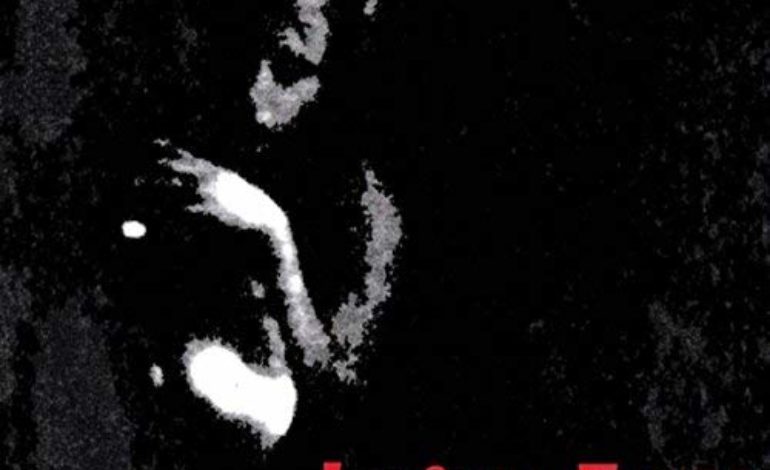

Grunge-Inflected Celtic Rock
On Losing Form, Polly Panic develops a fervent persona while generating peculiar and innovative sounds from her signature instrument: the cello. Released by Write Hook Records, Losing Form is her third studio album and first since 2012’s Fragment. As a member of Rasputina, Jenette Mackie helped to create a delightfully eerie mixture of gothic rock and freak folk which has somehow, quite shockingly, escaped wide notoriety in the indie rock community. Using the Polly Panic monicker for her solo records, Mackie deviates from Rasputina’s distinctive sound (which includes traces of Kate Bush and Siouxsie and the Banshees, while paving the way for later artists such as Joanna Newsom). She opts for a heavier style, employing more aggressive vocals than Melora Creager’s and wielding the cello with a fierceness that evokes both hard rock and traditional Celtic music
Due to the undeniable charisma of Polly Panic’s instrument of choice—the cello has a remarkable soulfulness that cannot be found anywhere else in the string category—Losing Form’s melodies are oddly captivating. She heightens this effect by adding unconventional elements to her tuneful solos. “Beggar Rose,” for example, combines its slow cello part with a steady, chugging bass rhythm that would never appear in classical music. Furthermore, on the chorus of “Losing Form,” one of the standout tracks, she produces an almost-industrial groan from her instrument. The album’s other highlight is the fifth song, “Precious,” which instead of exploding at its chorus like the title track, expresses anguish in a more restrained manner.
Unfortunately, most of the songs on Losing Form do not measure up to Rasputina’s quirky, exhilarating folk odysseys. The mildly irritating “Annie,” for example, opens the album on a lackluster note. The refrain of “Annie get your gun!” was clearly meant to electrify listeners with rage, but instead feels rather banal and overblown. This condition is exacerbated by her vocal delivery. The power in her voice often sounds so forced that it loses the nuance which could provide the album with a more evocative emotional landscape.
The most obvious precedent for Losing Form’s overall sensibility is PJ Harvey’s early-’90s work: the two artists share a defiantly damaged temperament that oozes through the cracks in the heavy riffs and forceful vocals which they use to confront their malaise. In addition to the parallels in general disposition, Polly Panic’s music also seems stylistically informed by Harvey’s unique brand of grungy blues. Panic also appears inspired by Harvey’s penchant to suddenly juxtapose segments of tense restraint with violent outbursts. In fact, aside from the notable addition of the cello, several songs from Losing Form—the title track and “The Sidepiece,” for example—could be easily mistaken for Rid of Me outtakes.
Jenette Mackie is undoubtedly a talented musician, and Losing Form contains some enchanting moments. However, she often places the bar for raw emotional power too high, and as she falls short of her goal. Thus, readers who are interested in the genre of cello rock are advised to start instead with Rasputina’s 1998 masterpiece How We Quit the Forest.
